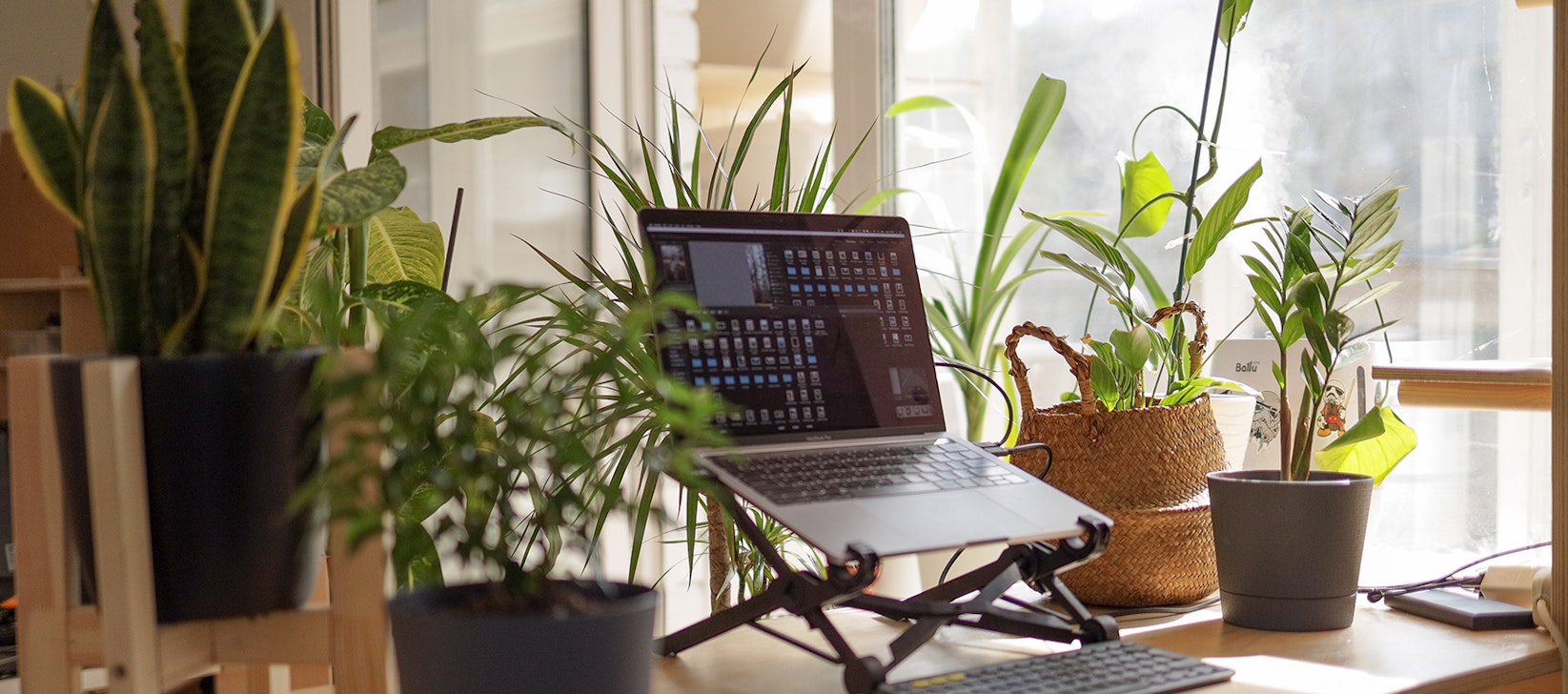A survey conducted in Ireland has unveiled a notable trend among office workers favouring continued work-from-home (WfH) arrangements post-pandemic. Approximately three-quarters of the surveyed Irish office workers preferred some form of ongoing WfH, particularly favouring hybrid models.
The survey, carried out in the summer of 2021, engaged a wide cross-section of office workers across Ireland. It revealed that 77.9% of respondents are
inclined towards either full-time or hybrid WfH models. This preference correlates strongly with factors such as pre-pandemic commute length, perceived increases in work productivity, and an enhanced quality of life due to WfH. Notably, those with lengthier commutes and an improved work-life balance due to remote work displayed a stronger preference for WfH.
The survey also highlighted regional differences in WfH preferences. In the Greater Dublin Area (GDA), there was a distinct preference for a mostly-at-home work setup. Among those capable of WfH in the GDA, only 10.6% preferred to work full-time from the office. Outside the GDA, this figure was slightly higher at 12.9%.
White Collar Working from Home Preference GDA vs Non-GDA
In terms of daily work patterns, the survey results indicate a higher desire to work remotely on Mondays and Fridays compared to the middle of the standard workweek.
Furthermore, the results point to potential shifts in residential choices influenced by the flexibility of remote work. About 42.5% of those capable of WfH indicated a willingness to consider relocating, a trend that could
have profound implications for urban planning and commuter traffic patterns.
This shift towards WfH is expected to lead to a reduction in commuter trips, especially during peak hours, and a decrease in demand for commercial services in central urban areas. It also suggests a change in travel patterns, with telecommuters possibly taking fewer commute trips but more non-work-related journeys.
This evolving pattern in work culture is set to substantially affect urban and transport planning.
The survey underscores emerging WfH trends that are progressively shaping workplace dynamics, with significant implications for Dublin’s transport system. This evolving pattern in work culture is set to substantially affect urban and transport planning. Recognising these
trends is crucial for businesses and city planners as they navigate the new work-life equilibrium in a postpandemic environment.
Authors
Dr Agnieszka Stefaniec, Research Fellow at Trinity College Dublin.
Dr William Brazil, Transport Modeller at National Transport Authority
and Adjunct Assistant Professor at Trinity College Dublin.
Dr Warren Whitney, Transport Modeller at National Transport Authority.
Professor Brian Caulfield, Professor and Head of Department at Trinity
College Dublin.






